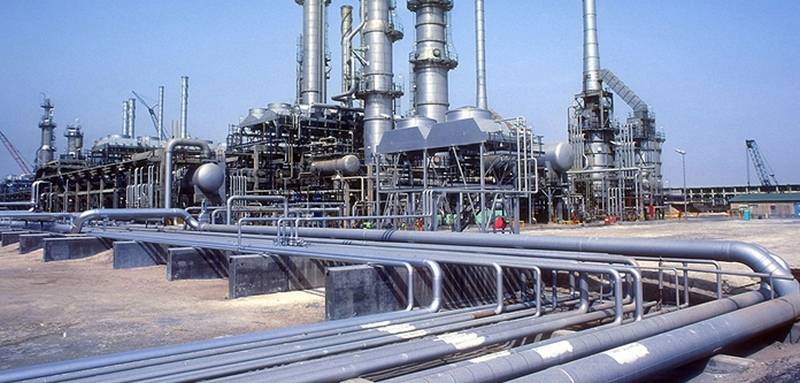Ghanaians can breathe a collective sigh of relief as the West African Gas Pipeline Company (WAPCo) has agreed to postpone its scheduled pipeline maintenance for two weeks. This decision comes as a welcome respite, as the country was bracing itself for a potential power crisis due to insufficient fuel supplies for thermal plants.
The Ghana Grid Company (GRIDCo) had raised concerns about the impending crisis, citing the planned WAPCo maintenance as a significant contributor to the problem. With the country's fuel supplies dwindling, the prospect of widespread power outages, popularly known as "dumsor," had become a very real possibility.
To mitigate the crisis, GRIDCo estimates that Ghana requires nearly $90 million to procure liquid fuel, such as light crude oil, to operate thermal plants in Tema and meet the growing demand for electricity. In response to the crisis, the government established an emergency technical committee to find solutions to the impending power shortage.
After a critical meeting, the committee successfully negotiated a postponement of the WAPCo maintenance. This temporary reprieve provides valuable time for the government to secure the necessary funding for liquid fuel purchases. It also allows them to explore alternative fuel options and implement load management measures as a last resort to stabilize the national grid if needed.
The postponement of the WAPCo maintenance is a welcome development, but it is essential to acknowledge that the underlying issues contributing to the power crisis remain unresolved. The government must work diligently to address the fuel shortage and implement sustainable solutions to ensure a stable and reliable power supply.
As Ghana navigates this challenging period, it is crucial that all stakeholders work together to find lasting solutions to the country's energy challenges. The temporary reprieve offered by the postponement of the WAPCo maintenance must be utilized to implement meaningful reforms and ensure that the country is better equipped to manage its energy needs in the future.




No comments yet
Be the first to share your thoughts!